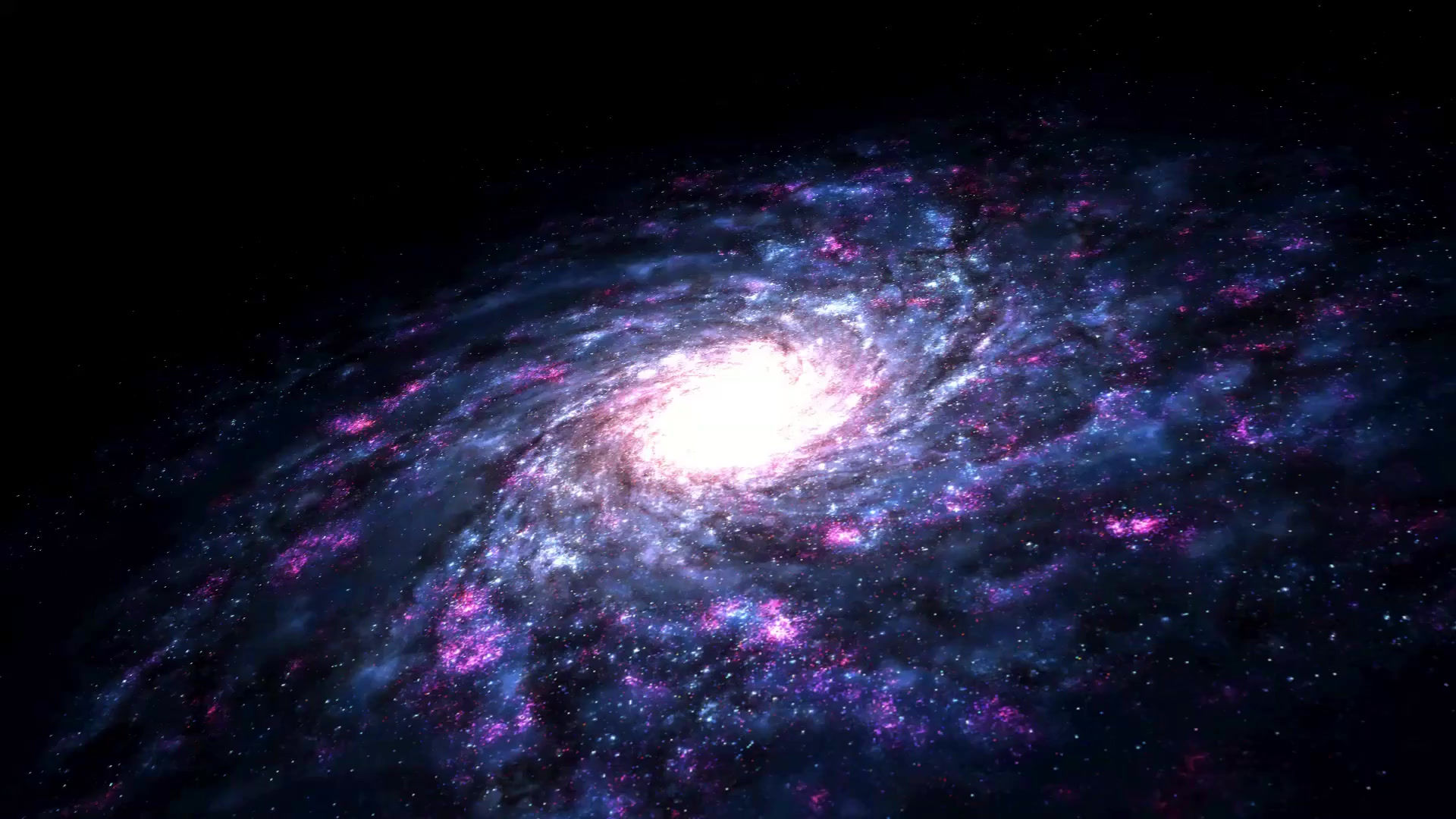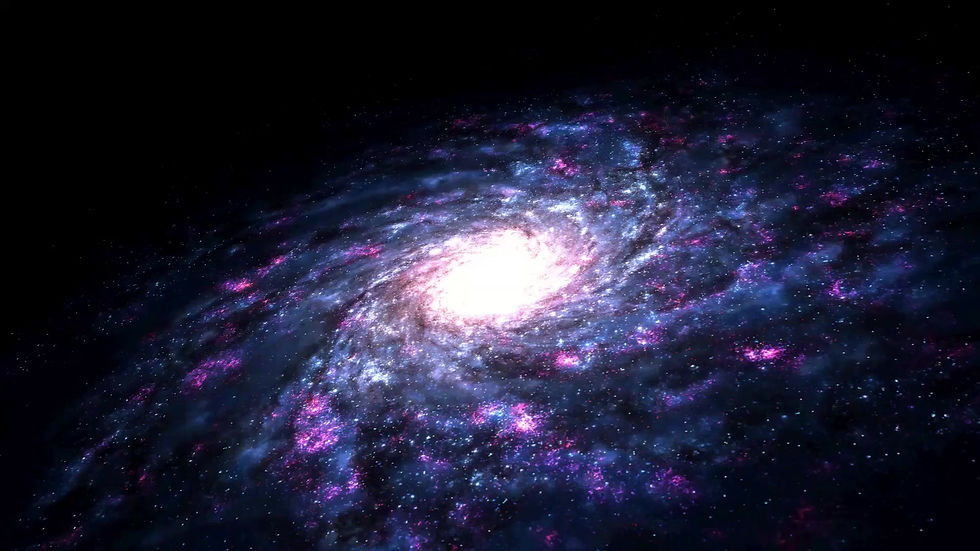

Who Are We?
1. Biological perspective:
We are highly evolved organisms, a species (Homo sapiens) that emerged through millions of years of evolution. Our brains, nervous systems, and bodies allow us to sense, think, feel, and adapt in ways no other known species can.
2. Psychological perspective:
We are storytellers. Our minds construct identities—memories, beliefs, hopes, and fears—that give us a sense of “self.” Yet these identities are flexible, shifting as we learn and experience life.
3. Social perspective:
We are relational beings. Who we are is deeply connected to our families, cultures, communities, and societies. We define ourselves partly through others, belonging and meaning arising through shared connection.
4. Spiritual perspective:
Many traditions teach that we are more than bodies and minds—we are consciousness, spirit, or soul experiencing human form. From this view, being human is a temporary expression of something eternal, learning and evolving through life.
5. Philosophical perspective:
We are meaning-makers in an often mysterious universe. Asking “Who are we?” is itself part of being human—the awareness that seeks to know itself.
We are matter and spirit, instinct and awareness, individuals and collectives, living bridges between the physical and the infinite.

